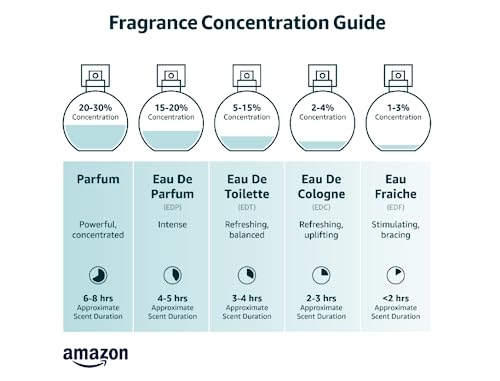DKNY Be Tempted Eau de Parfum



The rapid development of artificial intelligence (AI) in recent years has led to widespread discussions and controversies surrounding its potential impact on various aspects of our lives. As AI becomes increasingly sophisticated and capable of performing a wide range of tasks, concerns have been raised about its potential to disrupt the job market, alter the way we work, and even pose existential threats to humanity.
One of the primary concerns regarding AI is its impact on employment. As AI-powered technologies become more advanced, they are capable of automating an ever-expanding range of tasks, from simple repetitive work to complex decision-making processes. This has led to fears that AI will replace human workers, leading to widespread job losses and economic disruption. While some argue that AI will also create new job opportunities, the pace and scale of these changes have left many uncertain about the long-term implications for the job market.
Another area of concern is the ethical implications of AI. As AI systems become more autonomous and capable of making decisions that affect human lives, questions arise about how to ensure these decisions are ethical, transparent, and accountable. There are concerns about the potential for AI to perpetuate or even amplify existing biases, discriminate against certain groups, and make decisions that prioritize efficiency over human values. Developing robust ethical frameworks and governance structures to guide the development and deployment of AI is a critical challenge.
The potential existential risks posed by advanced AI systems also loom large in the minds of many. Some experts warn that as AI becomes more powerful and capable of recursive self-improvement, it could eventually surpass human intelligence and become uncontrollable, potentially posing an existential threat to humanity. This scenario, known as the "AI alignment problem," highlights the importance of ensuring that advanced AI systems are designed and developed in a way that is aligned with human values and interests.
Despite these concerns, there are also significant potential benefits to the continued development of AI. AI-powered technologies are already being used to tackle a wide range of global challenges, from healthcare and scientific research to environmental protection and disaster response. As AI becomes more sophisticated, it could help to address pressing issues such as climate change, disease, and poverty, potentially improving the lives of countless individuals around the world.
Moreover, AI is also being explored as a tool for enhancing human capabilities, rather than simply replacing human workers. AI-powered assistants and augmented reality technologies, for example, could enhance human decision-making, improve productivity, and expand the boundaries of what humans can achieve.
Ultimately, the future of AI will depend on how we as a society choose to navigate the complex ethical, social, and technological challenges it presents. By engaging in open and thoughtful dialogue, fostering responsible innovation, and developing appropriate governance frameworks, we can strive to harness the immense potential of AI while mitigating its risks and ensuring that it aligns with our shared human values and aspirations.
product information:
| Attribute | Value |
|---|
















![Fresh Blossom Eau de Parfum Spray 50ml [Parallel Import]](https://m.media-amazon.com/images/I/31hz+F8J2TL.jpg)



